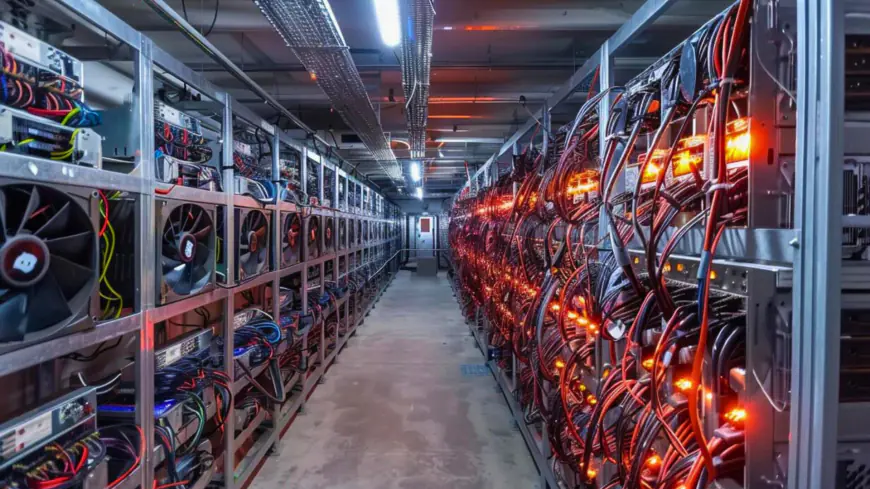Bitcoin mining cuts methane emissions, study finds
A recent study, "An Integrated Landfill Gas-to-Energy and Bitcoin Mining Framework," has illustrated how Bitcoin Miners can effectively utilize "Landfill Gas to Energy" (LFGTE) systems to capture methane gas.

A recent study, “An Integrated Landfill Gas-to-Energy and Bitcoin Mining Framework,” has illustrated how Bitcoin Miners can effectively utilize “Landfill Gas to Energy” (LFGTE) systems to capture methane gas. According to the paper, these systems convert the gas into usable energy, thereby sequestering the greenhouse gas and minimizing its atmospheric impact.
Methane levels have tripled since the Industrial Revolution, contributing to half the observed 1-degree Celsius global warming. The International Panel on Climate Change warns that decisive action on methane is crucial to keeping warming below 1.5 degrees by 2050.
Researchers advocate BTC mining as an alternative to government subsidies
The paper’s authors argued that Bitcoin mining features the proper incentive structure for such a capital-intensive, long-term commitment project, which other private enterprises lack due to the absence of sustainable revenue generation and cost recovery strategies.
Bitcoin’s economic incentives, accessible globally to miners, present a novel and scalable solution for methane mitigation, potentially allowing for rapid deployment without the need for government subsidies.
Researchers

The researchers also pointed out that this incentive structure could extend beyond methane emissions to recycle underutilized energy from sources such as orphaned oil and gas wells, wastewater treatment facilities, farms, and agricultural processing operations.
Marathon Digital Partners with Nodal Power to mine Bitcoin using methane gas
Last year, Marathon Digital Holdings (MARA), formerly known as Marathon Digital, partnered with Nodal Power to mine Bitcoin using methane gas in Utah. When the 280-kilowatt initiative was announced, MARA Chairman and CEO Fred Thiel said that at Marathon they are constantly seeking innovative ways to diversify their operations, reduce energy costs, and leverage BTC mining to benefit the environments where they operate.
In May 2024, the company continued this mission by signing an agreement with the Kenyan government to develop renewable energy infrastructure in the country.
This recent paper is not the first to highlight the environmental benefits of repurposing energy sources through Bitcoin mining. A 2023 Institute of Risk Management study estimated that Bitcoin mining could reduce global emissions by approximately 8% by 2030.
What's Your Reaction?









































































































